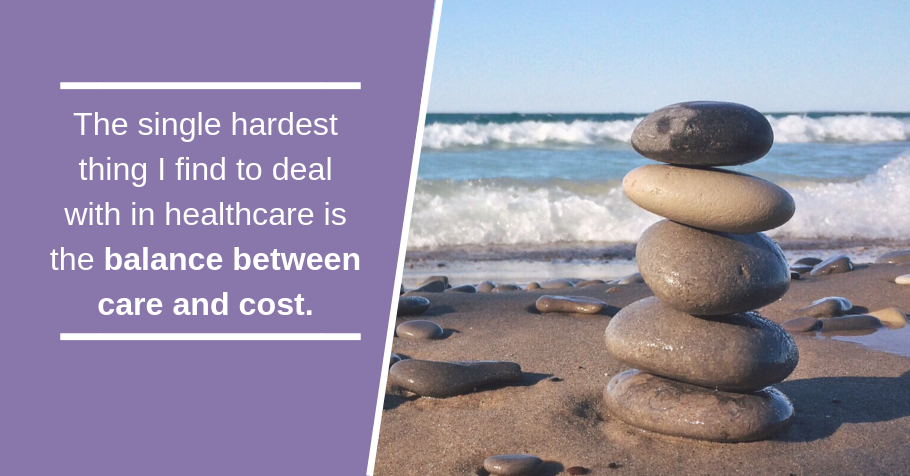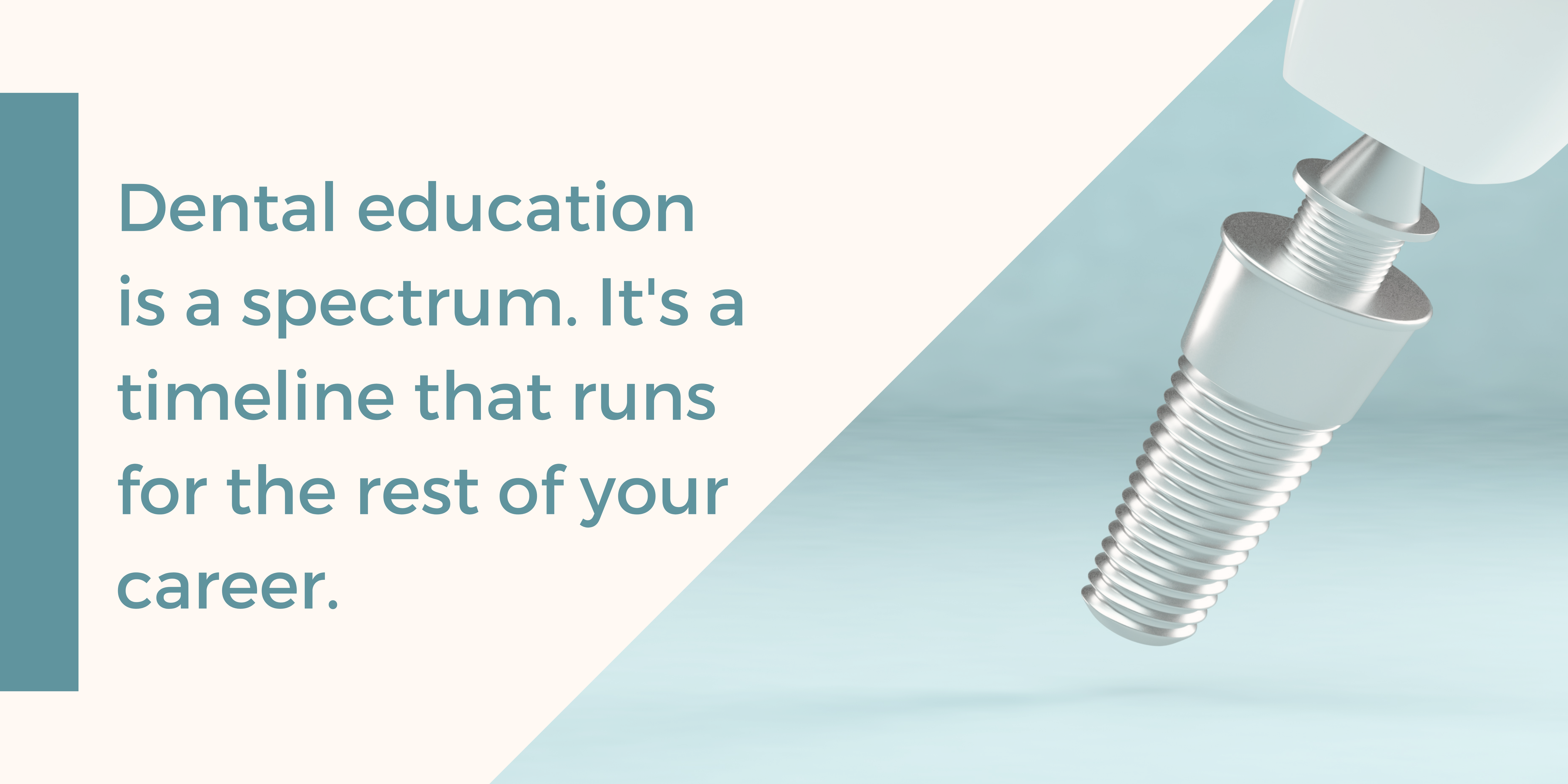
Remember prethics, if you don’t then you might want to read that link above, I wrote it years ago. It is a concept based around dental ethics and where you stand on the line between profit and ethics.
It’s very easy not to pay any attention to the concept of prethics if you’ve never heard of it but because I have and because it’s a concept that lives in my mind then I have to struggle with managing the concept on a day-to-day basis.
There are two examples below to show you how that works, and if you’re not in healthcare to explain the dilemma of being in healthcare.
- Within the last 12 months, I saw a 50-year-old lady in my practice for her first appointment. She cried from the moment she sat in the chair. She was heart broken.
She had been referred by her GDP and was concerned that she was losing all her teeth, certainly her uppers at least. She was utterly devastated.
In my line of work this is a common consultation occurrence. It happens particularly (but not exclusively) with ladies of that demographic. The over riding emotion is shame.
I spoke to that lady for 15 minutes before we did anything dental and reassured her not to feel ashamed and promised her that all we would do is gather information and try to work our way through any problem she might have. Showing her all the possible options available to her, in terms of complexity, cost, time and outcome.
Then I carried out an examination and an x-ray examination after that.
This person did not need any teeth to come out; she had no severe level of disease, nothing like her or her GDP had thought.
It’s likely she will keep almost every single one of her teeth for at least the next 20 years. The point about this example is although this lady was suffering from a mild degree of adult gum disease there is no indication to remove her teeth. I know for ‘a fact ‘ that if she turned up to other practices and even other practices close to mine that she would have had dental implants.
Money was not an issue and she felt like she was paying for a ‘rejuvenation of health’. On a consultation process like that in the practice we lose money. That is the right thing to happen because the right thing to do was to do nothing. To give a detailed explanation to her GDP about how best to help her going forwards.
This is the balance between profit and ethics.
- The second patient is a lady who attended to see me for a second consultation some 6 months after the first consultation. She had had an abscess on an upper tooth that was systematic and required extraction if the symptoms persisted. Having been treated with antibiotics abroad for another reasons she returned with no symptoms associated with the tooth and was ready to have it extracted and an implant placed. We reviewed the situation and advised her to keep the tooth for as long as possible, sent a letter and an x-ray back to her dentist and told her to come and see us again should there be any further problems.
Over the two appointments that we saw the patient we lost money.
Healthcare is unpredictable in many aspects not least in the process of diagnosis, treatment planning and treatment acceptance.
Lawyers wouldn’t lose money in those situations because they would charge for every 15 minutes, it’s much more difficult in healthcare to justify or action such charges and even more difficult to live with yourself should you do them. The simple way to over come this is a healthcare business model to charge out time, 15 or 30-minute intervals regardless of the requirement of the time.
This though involves charging out time when complications occur regardless of who is at fault and this is not a sustainable model in dentistry because it would lead to massive increases in litigation.
The single hardest thing I find to deal with in healthcare is the balance between care and cost.









Leave a comment